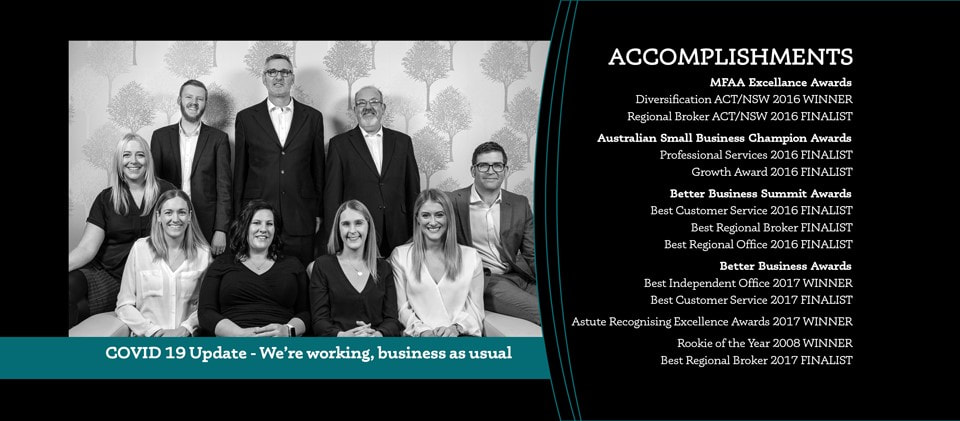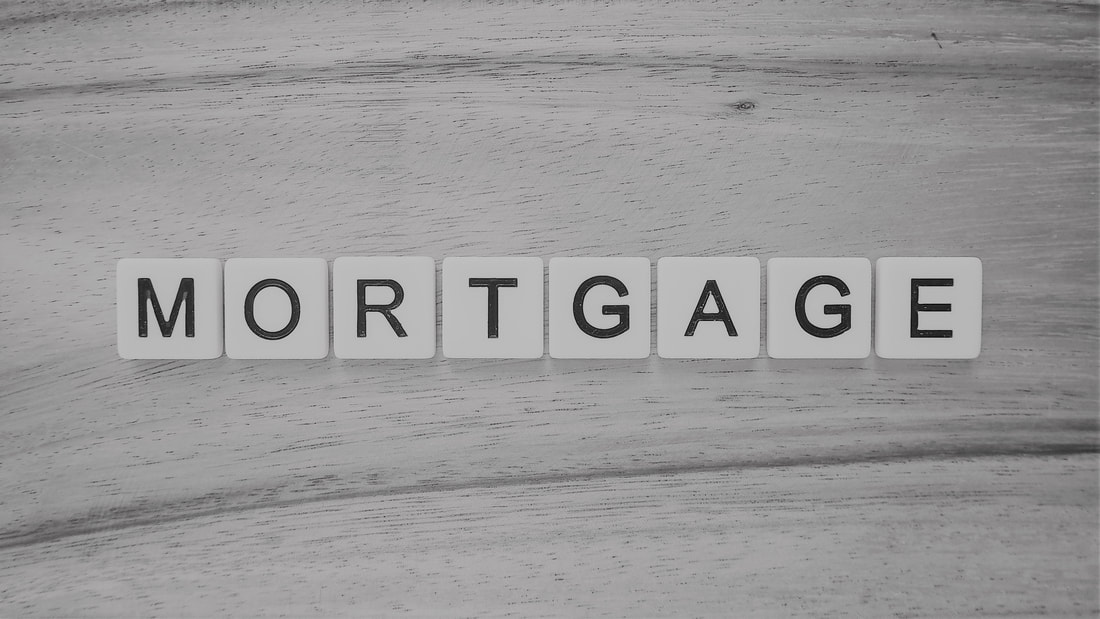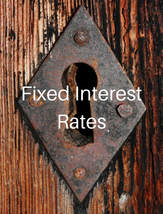Aside from the obvious certainty that is offered on fixed rates, consider ‘break costs’.
Harking back to the Global Financial Crisis, Australia's monetary policy and mortgage market were not immune to the financial contagion that followed the collapse of the U.S. sub-prime mortgage market. The Reserve Bank of Australia drastically reducing the cash rate from its peak of 7.25% in June 2008 to a mere 3.00% by May 2009.
During this period I received many distressed enquiries from new clients looking to refinance to the lower variable rates. They had fixed their rates, and were paying nearly 4% more than the variable rates. Due to the plunging rates, the break costs they were being quoted were in the tens of thousands of dollars. This was a possibility they had been unaware of when fixing their rates. Though it may have been disclosed in verbal and written documentation from their bank, it must have not been explicit enough.
In giving credit advice, we will always explain that the most significant risk is the potential for break costs. These costs can be seem disproportionate if interest rates have decreased since you locked in your rate, as they are based on the wholesale price you bought funds at when you locked your rate. Other things to consider are lack of access to redraw, and also that few banks allow a 100% offset on a fixed rate.
If you're contemplating fixing your home loan, it's crucial to be aware of these potential challenges. Thoroughly assess the advantages and disadvantages before making a decision, and consult a qualified credit advisor such as Wilson Financial before making a decision.


































 RSS Feed
RSS Feed
